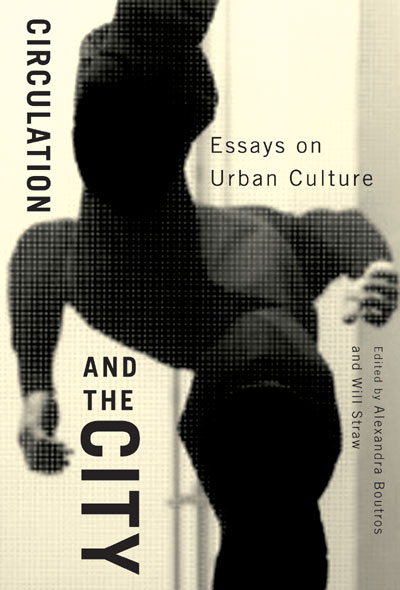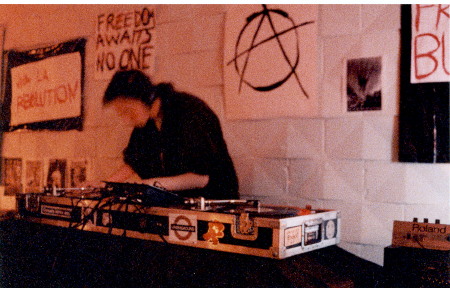If one did want to instigate a mass uprising against an authoritarian regime, how would one go about doing so? What steps are involved? Sure, one could look at various passages in Marx to grasp the economic motivators of social unrest – poverty, disparity, the mechanics of capital as a system of alienation and exploitation – but Marx, rather infamously, won’t teach you much concerning what to do about it.
Ditto for Che Guevara — unfortunately in the best tradition of the (negative) dialectic, his Diaries only tell you what one should not do, which is start guerilla war in a foreign country where the locals aren’t particularly interested in having you there.
Reading up on the French revolution is as engaging as it is instructive (and do watch Danton), though the lessons to be drawn from 1789 through Napoleon, and the American and English Revolutions respectively, is that any major upheaval that destabilizes the pillars of a society – including its engines of economic trade and fabric of social reciprocity – has resulted in generations of bloodsheed, counterrevolution, military dictatorship, soft reinstatement of previous systems of exploitation and privilege, organised criminality masquerading as revolutionary zeal, destructive and nihilist infighting and outright civil – if not Total – war.
Indeed, it remains entirely unclear whether humanity is capable of undertaking massive socioeconomic change without such violence and its repercussions (and this includes the “hidden” violence of globalized capital), which brings one directly to the 20th century and the various attempts to commandeer such violence through a revolutionary vanguard. Yet even the good intentions and creative energies of the various antifascist socialist revolutions gave in to an overwhelming paranoia — that by beheading the despot king, a vacuum had been ripped open in the metaphysical fabric of the cultural imaginary that simply had to be filled. And so the abyss was given over to the singularity of the absolute once again, feeding the ravenous cult of the despot, that destructive violence of supplementarity – the addition necessary for the whole to become whole – rendered flesh. Even radical communism could not escape the logic of the sacrificial god (or as some would have it, rather did such a system only intensify the phallogocentrism of the golden bough). As each State became a surveillance State with its gulag archipelagos, its internal purges met or exceeded – in its modern, industrial organisation of death and repression – whatever monarchical-autocracy that preceded it.
And we have not yet even touched upon the echo chamber of violence that has seemingly overtaken postcolonial struggles and turned them inside out. Nearly each postcolonial revolution of the mid-20th century has turned into some caricature of its former self as it perpetuates the cycle of violence that brought it into power, rather than dealing with the more mundane task of organising some kind of peaceful and participatory State. Violence is addictive, a high, as any member of organised (or unorganised) crime will tell you: violence is hardwired into the human, and boy, do we love it, in all its most depraved and sadistic forms. Which brings us to the continent of Africa and the Middle East, replete with its petty dictators – many armed with nuclear weapons, of course – that preside over endless parades, publicly stroking their egos, playing out a kind of patriarchal onanism often fetishized with self-stitched uniforms, sunglasses, dorky hats and numerous long and ridiculous titles such as Leader of the Grand Revolution of Such-and-Such-Day, Hero Of Our Fallen Martyrs The SteelWorkers of Some Village, etc., etc., etc..
None of which helps much when in our contemporary moment the entire populace living under the State terrorism of such regimes of absolute violence – cartoon leaders are always the most dangerous – suddenly tips over into a state of all-out insurrection. No-holds-barred, we will die for this style, absolute overthrowing of seemingly absolute power — this is what is happening and, despite all the revolutionary history behind us, new and old, the story is the same and yet every time the outcome is utterly unknown: we can know absolutely nothing about the possible outcome of any of the particular (yet connected) forces at work. Military dictatorships? More than possible. Slow transitions of existing institutions to democratic models? Possible too. Mass slaughter and civil war? Already happening.
What is intriguing is possibly where some of the current dis/organisation comes from. Move over Marx, and meet Gene Sharp. Here’s DiY Revolution in eight (easy?) steps:
- Develop a strategy for winning freedom and a vision of the society you want
- Overcome fear by small acts of resistance
- Use colours and symbols to demonstrate unity of resistance
- Learn from historical examples of the successes of non-violent movements
- Use non-violent “weapons”
- Identify the dictatorship’s pillars of support and develop a strategy for undermining each
- Use oppressive or brutal acts by the regime as a recruiting tool for your movement
- Isolate or remove from the movement people who use or advocate violence










 RT
RT 